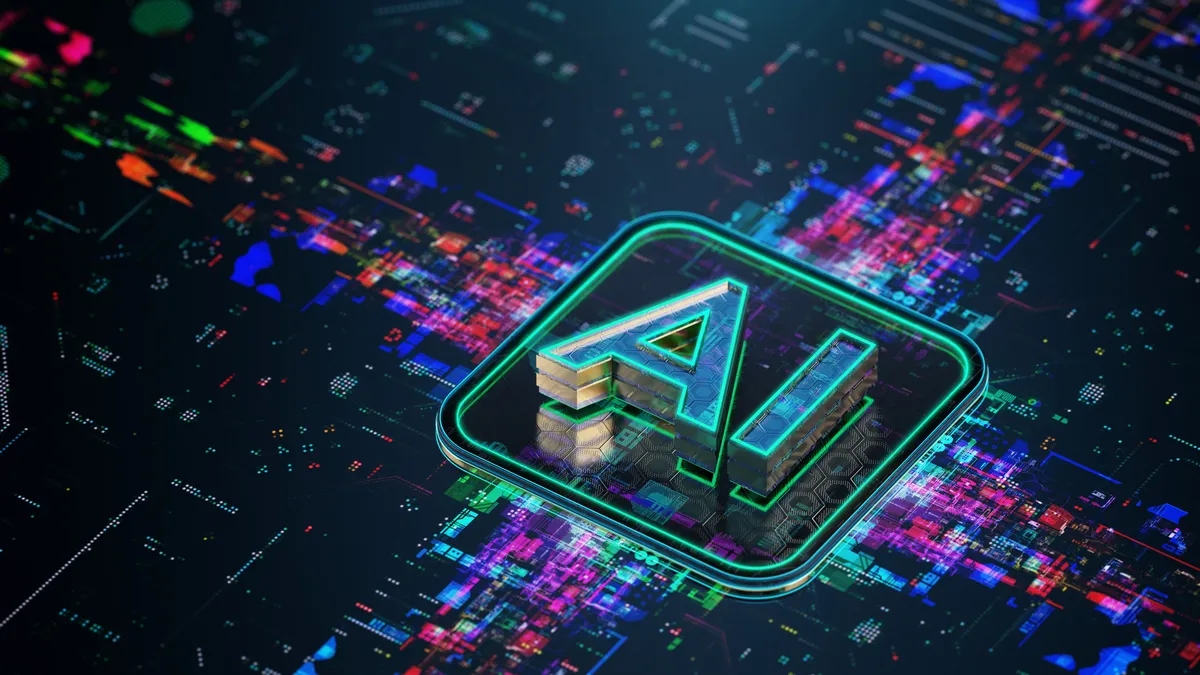Dive Brief:
- Artificial intelligence is at the stage for “thoughtful experimentation” in assisting students with dyslexia, according to Josh Clark, head of school at Landmark School, a Prides Crossing, Massachusetts, private school serving students with dyslexia and other language-based disabilities.
- Clark noted, however, that while educators should explore how to bring AI tools into practice with students with dyslexia, they should not look at the technology as a bypass.
- “It’s analogous to introducing dyslexic students to speech-to-text tools to help them with writing, and the tool fails them, and it’s not productive,” said Clark. “I do worry that we implement AI in unthoughtful ways.”
Dive Insight:
Clark, who also serves as chair of the board for the International Dyslexia Association, said one immediate way AI can serve students is to help them access the content they may not otherwise be able to by “turning the dial on linguistic complexity."
For example, educators or students could enter high school concepts such as photosynthesis or Newton’s laws of motion into an AI tool like ChatGPT, and ask it to explain the content but at a lower reading level.
“That way, we can keep the essence and complexity of the topic, even if I read at a 4th-grade level,” Clark said. “Their ability to then comprehend is likely much higher, better than their ability to decode unknown words.”
Clark knows there may be pushback today against using AI in classrooms, with worries including that it will reduce the quality of work produced. But, he said, guidelines and best practices are being developed and released, helping educators find ways to bring these tools into use with their pupils.
It’s incumbent upon teachers working with students who have dyslexia to try, as AI could afford these learners a way to create more authentic work — such as generating a mock-up of a design or concept — that can demonstrate their understanding of a subject beyond a traditional 60-minute test or required essay, Clark said.
“Giving them the tools to apply their knowledge and produce and solve problems is right up in the wheelhouse of dyslexic kids,” Clark said.





 Dive Awards
Dive Awards






